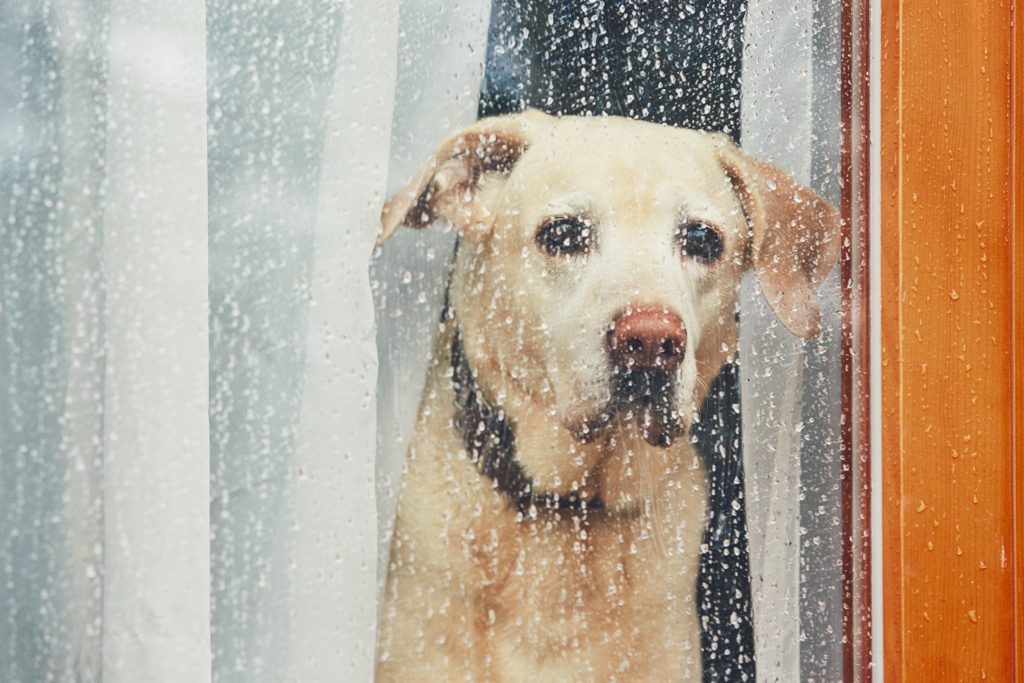July 22, 2021
What to Expect When Leaving Your Pet Home Alone
I’m looking forward to a summer where many of us can safely return to our workplaces and reconnect with friends, family and the community at large. At the same time, I’m worried about our pets who may be unprepared for this transition.
If you’re getting ready to spend more time away from home, it might be helpful to think about some of the emotions your furry family member might experience while you’re gone:
- Relief: Some of our pets have had more of us than they bargained for and they may be relieved to return to a more relaxed routine of lazing, napping and grooming. If this is your pet, congratulations! You can breathe easy and keep on providing your pet the routine and environment they enjoy.
- Boredom or confusion: More alone time might be a new experience for your pet. This change could result in needing to establish different toileting habits and your pet might have more pent up energy. Establishing a regular care routine with lots of exercise, play and social time for your pet can help prevent boredom and confusion.
While you’re away, create a safe space for your pet. Your dog might enjoy a separate room with safe, appropriate chew toys, a comfy dog bed, and access to water and treats in a food puzzle. Your cat might enjoy a refuge room with her favourite scratching post, a perch by a window, water and a treat-dispensing ball. Either way, set your pet up for success by preventing access to things they can damage, giving them fun things to do and slowly building up your absences.
- Panic or distress: Your pet might have a hard time coping while you’re gone. If your pet shows signs of panic or distress when left alone, talk to your veterinarian and consider working with a qualified reward-based trainer. Professionals can give you the right plan to ensure your pet remains comfortable and happy while you’re away.
If you haven’t left your pet alone yet, you may not know which category they fall into. If that’s the case, NOW is the best time to gradually introduce some alone time. Leave your pet alone for short periods of time and see how they react, and follow the tips above to help keep your pet from becoming bored or confused while you’re away. Also, check out our video series for more ideas on helping your pet adjust to your changing routine.
Good luck!
Tegan Macdonald
Manager: Intervention Services
Tegan is the manager: intervention services at the Ottawa Humane Society. She holds her Master of Science from the University of British Columbia and is a Fear Free Certified Animal Trainer. At the OHS, she oversees programming to help animals overcome behavioural challenges and successfully transition into forever homes. To learn more about Tegan or the Intervention Services department, check out our blog https://ottawahumane.ca/service-where-its-needed-most/.

